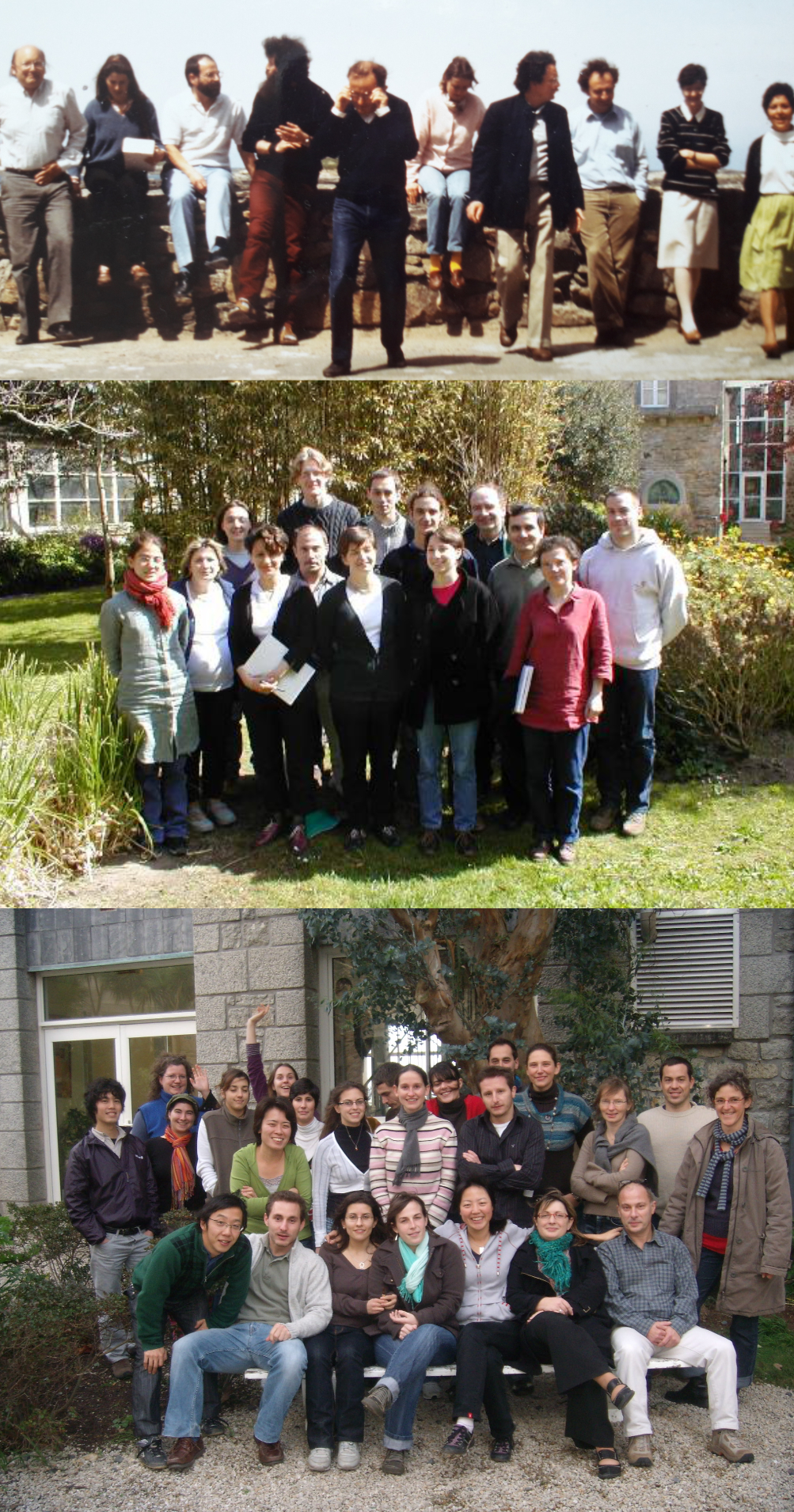 The Plankton group at the end of the 80s, in 2002 and in 2009.
The Plankton group at the end of the 80s, in 2002 and in 2009.
A brief and personal history of plankton research in Roscoff
Abstract
In the last forty years, marine plankton studies have considerably developed at the Roscoff Biological Station, leading to the development of one of the largest research group in the world working on this topic. This has been possible through a suite of technological advances that allowed us to have a better view of marine protist communities, from flow cytometry to high throughput sequencing. In this paper, I retrace the growth of the Roscoff Plankton Group and present some of the key scientific advances made during these four decades.
Type
Publication
Cahiers de Biologie Marine 64:53-63
Date
February, 2023
Links